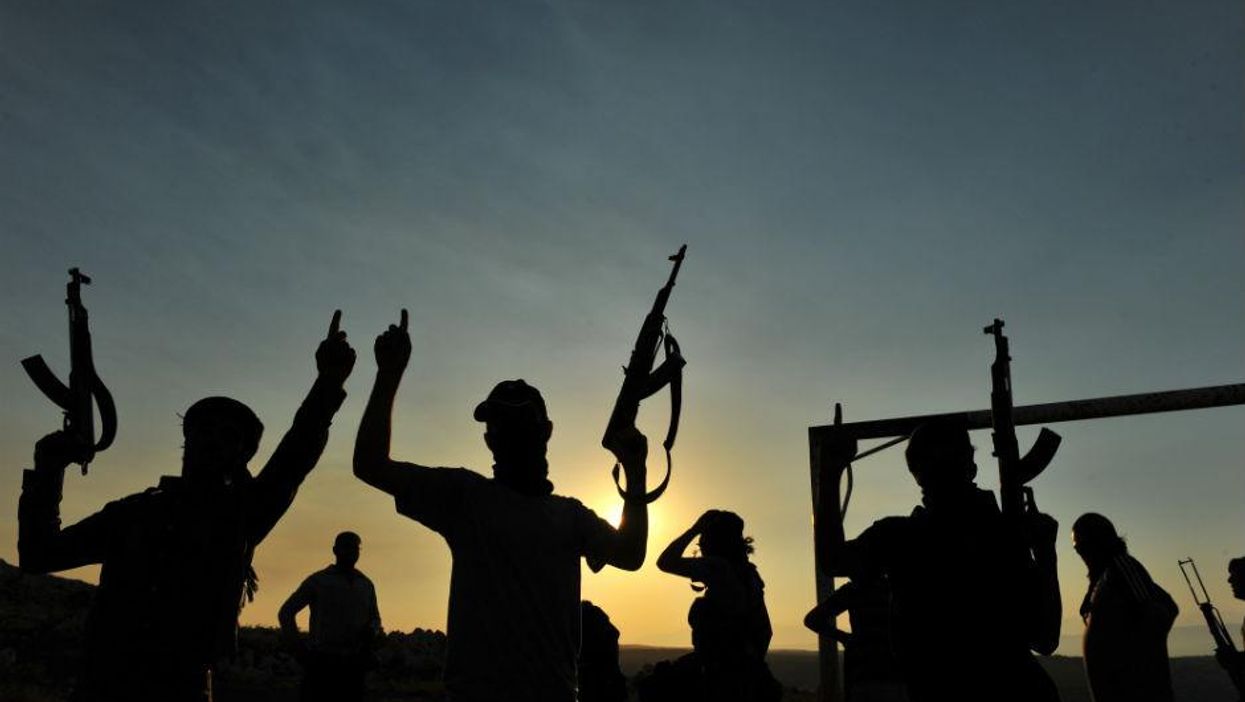News
Evan Bartlett
Jan 27, 2015

Members of Jihadist group Hamza Abdualmuttalib train near Aleppo, 2012
A record number of up to 20,000 foreign fighters are now involved in the conflict in Iraq and Syria, according to new figures from the International Centre for the Study of Radicalisation and Political Violence (ICSR).
Of those 20,000 it is estimated that a fifth come from western Europe - including 500-600 from the UK - which is almost double the amount they reported just over a year ago and larger than estimates from the EU.
The ICSR's figures, produced for the Munich Security Report, show that while France, Germany and the UK have the largest overall numbers, it is Belgium that has the highest proportion relative to its overall population.
ICSR calculates its figures by using media reports, government estimates, statements by jihadist groups and social media interactions.
While the centre admits that "no estimate of foreign fighter flows will ever be exact", what its figures do show is the overall "extent and evolution of the phenomenon".
The centre's worldwide estimate is 20,730 - which it believes to be the biggest mobilisation of foreign fighters in any war since 1945. The Middle East is the biggest provider of fighters with 11,000, with another 3,000 coming from former Soviet states.
The figures show the number of foreign fighters who have ever taken part in the conflict - many may have returned home, are stuck in transit countries or died in battle.
Such large numbers of foreign fighters provide a massive problem for national governments. Much has been made of whether Britain should allow its nationals who have been fighting overseas - and therefore potentially radicalised - to return home.
David Cameron's proposed ban on allowing fighters to return to the UK was shelved after facing opposition in government, but the recent attacks in Paris - involving men who had been trained overseas - have raised fears of similar incidents taking place elsewhere in western Europe.
More: Three options for Britain's intervention in the Iraq crisis
Top 100
The Conversation (0)












